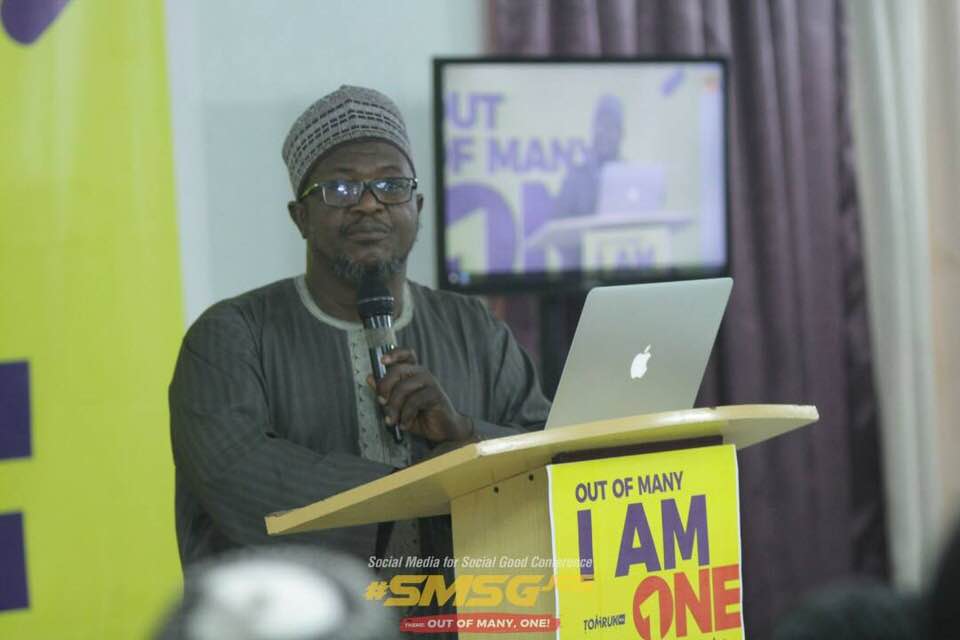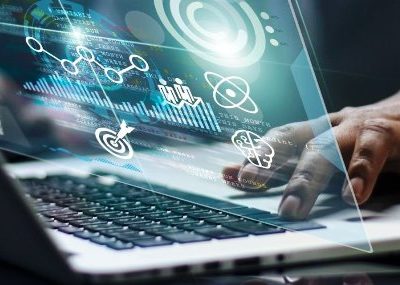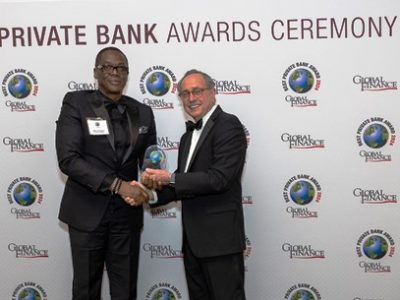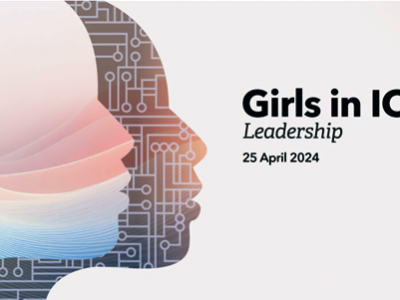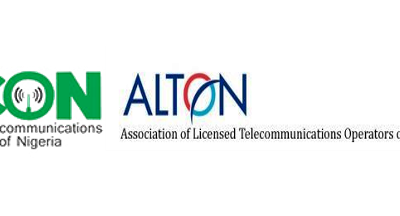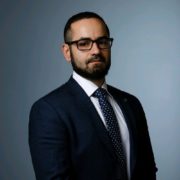By Nwakaego Alajemba
Scholar and technocrat, Mr. Mohammed Awwalu Salihu, has advocated for the promotion of a new ethnic group called ‘Nigerians’ through social media as part of the greater objectives of creating a new national consciousness.
Awwalu while speaking recently on ‘Social Media and inter-religious and ethnic peace’ at the Jos, Plateau State two-day conference on ‘Social Media for Social Good (SMSG-Jos),’ stressed that social media has become a powerful global platform that could serve well to promote a new ‘Nigerianness’ among all the over 350 ethnic groups that make up the Nigerian nation.
That Nigeria appears divided is because politicians and those entrusted with the responsibility of nation building are divisive, argued Salihu, adding that communication by politicians is often designed to highlight those points of divisiveness because the so-called political elites benefit from the divisiveness leaving the ordinary folks spent and dry.
But social media offers a fresh vista to tackle these agents of disunity and promote the ‘Nigerian’ ethnic group, said Salihu, who is a former director and head of public affairs at the National Broadcasting Commission (NBC).
Salihu defines the “Nigerian ethnicity’ as a social construct based on historical circumstance…. [an ethnic group]who recognise our differences and respect our rights to be who we are [whether] Hausa, Ibo, Yoruba, Tive or Ijaw,etc Muslim, Christian or any other [faith]; each and every one [recognizing their rights to] dignity, respect and honour … and bound in unity, faith, peace and progress.”
More than other communication tools, “Social Media qualify as the choice tool for spreading [this] kind of innovation that will spread understanding, and encourage the kind of reaching out across the divide to reconcile warring religious or ethnic groups.”
Quoting other sources, Salihu argued, “workshops are expensive to organise, not to mention scarcity of expert conflict managers to facilitate such workshops, as well as a conducive environment to bring the aggrieved groups. “Most importantly … these workshops can cover very small number of people, while people who are affected by the conflicts … are huge in number.”
On the other hand, the social media “is the new form of socialised communication: mass self-communication, which is self-generated in content, self-directed in emission, and self-selected in reception by many that communicate with many
“Social Media lowers the barriers for entry for individuals and groups seeking to communicate. Every group or individual feeling the need to promote or canvass a position can easily do so, avoiding the cost and other obstacles presented by mainstream media.
“These social messages can also be used to influence and shape the narrative in the mainstream media on any issue in question; often forcing conversations that would otherwise not hold. Furthermore this wide access, not only allows for group motivation and action, such as what happened in the Arab Spring, or Occupy Wall Street or Occupy Nigeria. But this power of social media also opens it to governments, elites and other opinion leaders who could use it to manipulate a prevailing situation.”
Salihu tasked individuals and organised society to rework their approach in the use of social media as a tool for promoting national cohesion. In the age of Social Media, where you have the world as your audience, Social Media for Social Good means holding government accountable to the people; keeping Surveillance on the Environment, and Keeping the people truthfully and correctly informed; Opening up their minds to possibilities.”
The Social Media for Social Good Conference with the theme: ‘Out of Many, One’ was organised by Tomruk iHub Multiverse.


